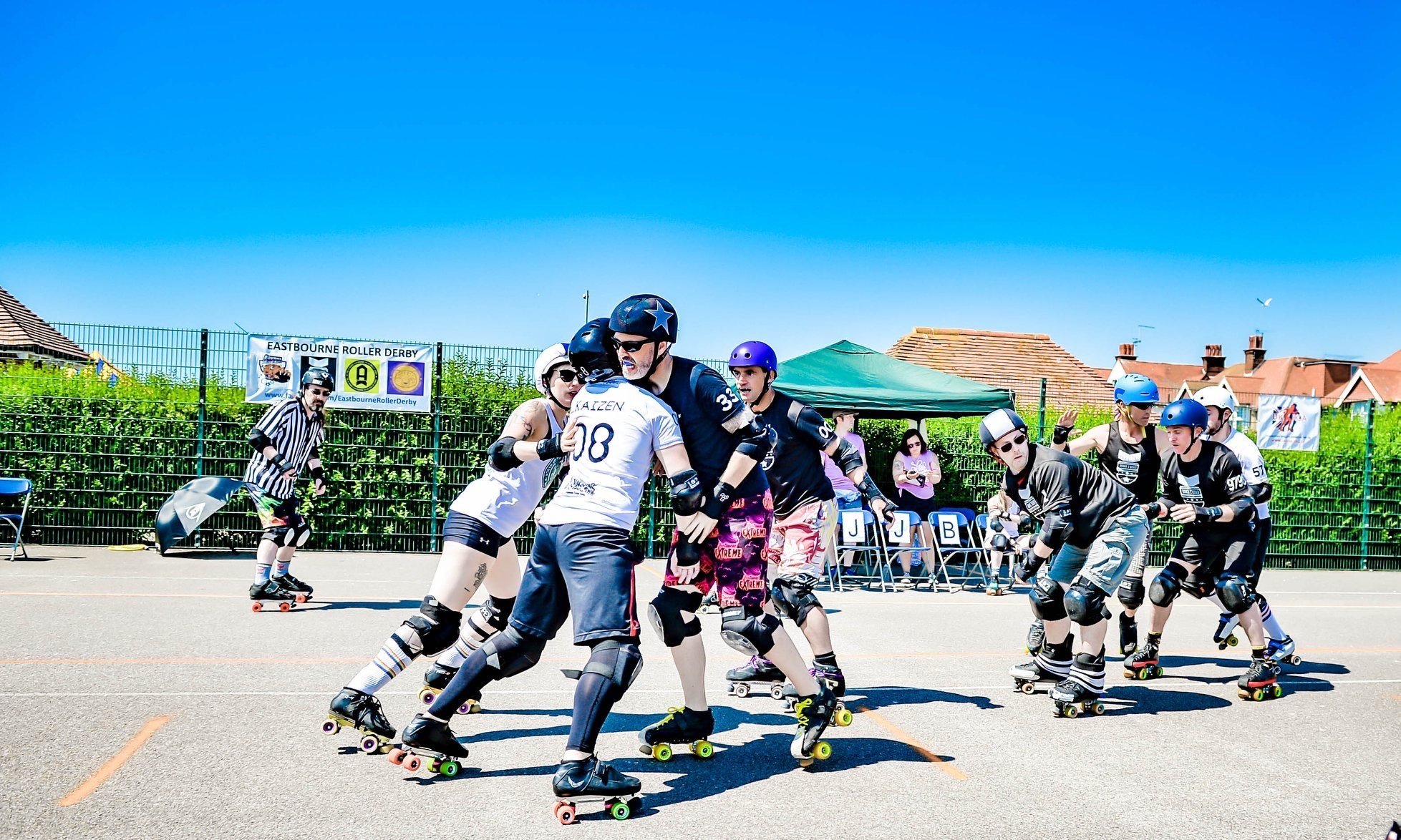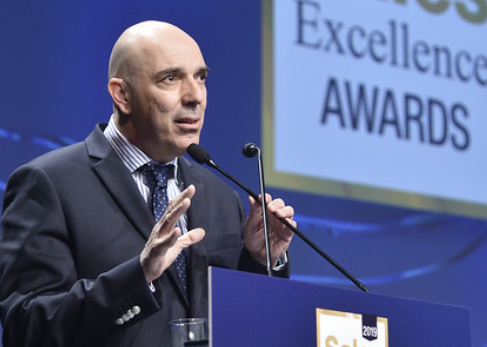What Does Empowerment Look Like to You?

By Phil Hobden, Head of Digital Sales at Wolters Kluwer Tax & Accounting UK (Photo Credit: John Hesse)
We are all different, bringing varying life experiences and ideas to bear. Frequently it’s the activities we pursue outside the workplace which can enhance our ideas, creativity and performance when we’re at our place of work. For me, one such activity is roller derby. A little quirky, yes. However, I have learned some critical lessons as a result of getting involved in this great team sport.
First, what is roller derby? Imagine rugby on skates and you wouldn't be too far away. It’s a fairly niche sport which was imported from the US, but it’s played by thousands of people across the UK and has even been given airtime on the BBC on more than one occasion.
Last summer, and after a two-year break due to COVID, the annual tournament I’ve participated in many times returned, and it was amazing to be back alongside hundreds of skaters, officials and friends after such a long time. It felt like I’d never been away from this great community.
So, how is this relevant to being a sales leader? I believe there is a great deal that businesses can learn from this niche sport.
As far as diversity goes, roller derby is a sport which encourages and welcomes skaters of all genders and gender identities, people of all sexual orientations, body types, physical abilities and ethnic backgrounds, and where skaters as young as 18 can play and train alongside veterans who are three times that age.
Roller derby has often attracted those who don’t necessarily find a place in society or sport in general. Those involved typically care more for who you are as a person and what you can bring, rather than how you look or where you come from. The volunteer boards which run each team are always a reflection of their skaters and, as I’ve found so far, as a straight, white cisgender male, it's often me that’s the minority - which is a very good thing. This diverse range of individuals can perhaps teach us something about the way we put teams together in business.
By participating in this great sport, I’ve learnt more about different groups in society, LGBTQIA+ rights and true diversity (from ethnicity to neurodiversity) in the past six years than ever before. Hearing stories of trans teammates as they transition and understanding their journey, getting to know and appreciate the personal stories of those around me has been a true privilege. It also helped me accept my own differences as someone who is neurodiverse, and to not only be more open to talking publicly about these topics, but also to identify those around me who may need support. I now feel inspired to bring this openness and supportive environment into my workplace, creating a culture where my team can truly bring their authentic self to work.
It’s frequently culture that can determine why candidates accept or reject roles. As a leader, it’s important to draw on influences, other people and places to ensure exposure to difference; enabling you to create and maintain the culture you wish to see.
For example, one of the things that attracted me to my current role was the fact that 64% of the senior leadership team in the UK is female. In an industry often dominated by men, our business stands out as a business where culture goes way beyond flexible working. Instead, our culture is the very essence of who we are as an organisation.
There is always more work to do, but our leaders must continue to empower those around us to accept and learn about difference and diversity. It’s about empowering everyone to be who they are both inside and outside of work.
The views and opinions in this article are mine and may not reflect those of the business I work for.
Find out more about Phil at Phil Hobden | LinkedIn


